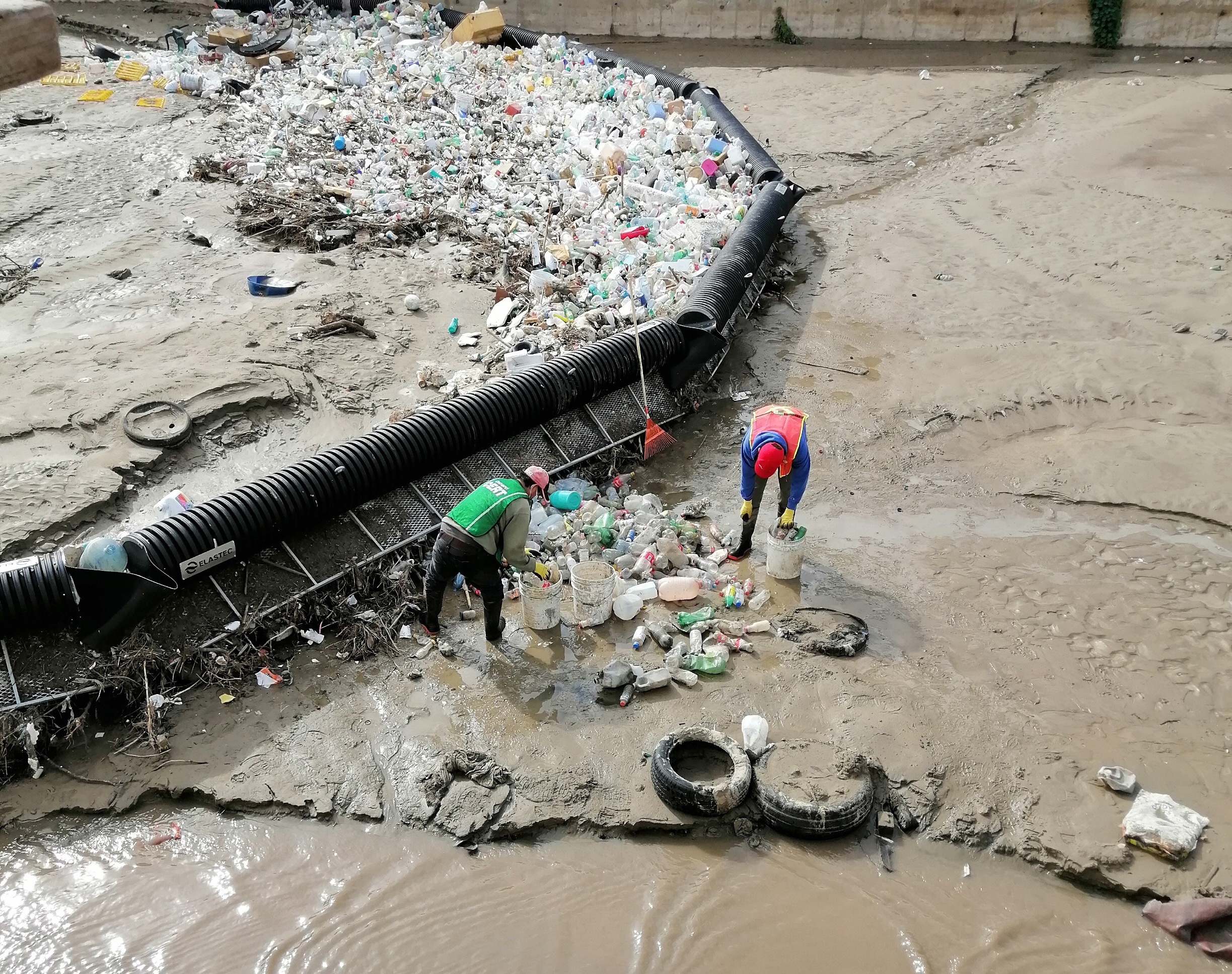The coastal region of the U.S.-Mexico border includes over 100,000 acres of local, state, and federal coastal, island, and marine protected areas. These globally important U.S. and Mexican reserves, which include a Ramsar Wetland of International Importance, are home to a variety of marine species, including blue whales, gray whales, humpback whales, orcas, white sharks, elephant seals, bottlenose dolphins, and more than 300 species of migratory birds.
Unfortunately, these wildlife hotspots face a significant threat from rapid urban growth and the development of human settlements, which have put pressure on the environment, while poor public services, such as garbage collection and sewage systems, further degrade this vital ecosystem.
In 2020, WILDCOAST launched a program to prevent waste from entering the Tijuana River and eventually reaching the Pacific Ocean. We established a circular economy based on solidarity that supports marginalized communities in Tijuana. As part of this effort, we installed Mexico’s first solid waste retention system in the Los Laureles Basin in 2021, capturing waste in the Los Laureles tributary for reuse or recycling.

